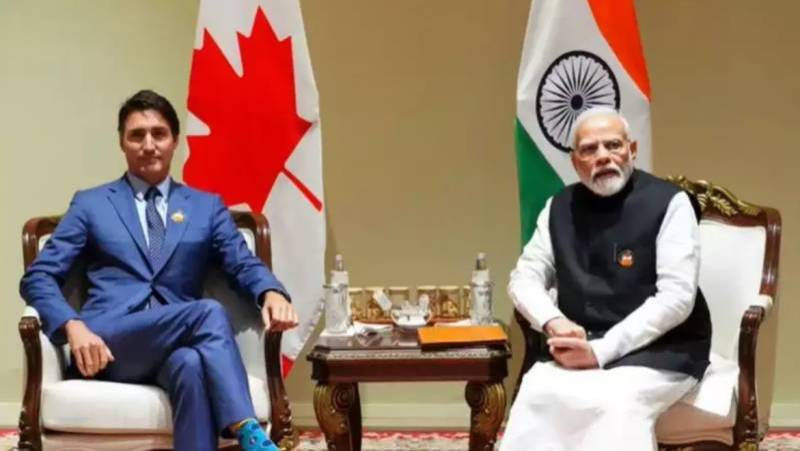India faces another blow from close ally US over Canada dispute
Shares

Canada's cooperation with the United States regarding intelligence related to the potential involvement of Indian agents in the murder of Sikh leader Hardeep Singh Nijjar in British Columbia earlier this year was described as "very close" by a senior Canadian government source on Tuesday. Prime Minister Justin Trudeau had revealed on Monday that domestic intelligence agencies were actively pursuing credible allegations linking agents from New Delhi to the shooting of Nijjar in June.
The source emphasized the close collaboration with the U.S., even regarding the recent public disclosure of information. They noted that the evidence in Canada's possession would be shared at an appropriate time, alluding to the sensitivity of the information.
Trudeau, addressing reporters on Tuesday, stressed the global implications of the case within international law and urged the Indian government to take it seriously and cooperate fully with Canada's investigation. India, however, swiftly dismissed Trudeau's claim as absurd and responded by expelling a Canadian diplomat, mirroring Canada's expulsion of India's top intelligence figure the previous day.
This escalating dispute deals a fresh blow to diplomatic relations that have been deteriorating over the years, primarily due to New Delhi's concerns regarding Sikh separatist activity in Canada. Roland Paris, Trudeau's former foreign policy adviser and an international affairs professor at the University of Ottawa, expressed expectations that normal discussions between the two governments would be challenging while this issue remains unresolved.
On a positive note, U.S. authorities voiced their support for Canada's investigation on Tuesday. A senior State Department official stated that they had maintained close contact with their Canadian counterparts, expressing concern about the allegations and emphasizing the importance of a thorough and transparent investigation while urging the Indian government to cooperate. This international dimension adds complexity to an already tense situation
